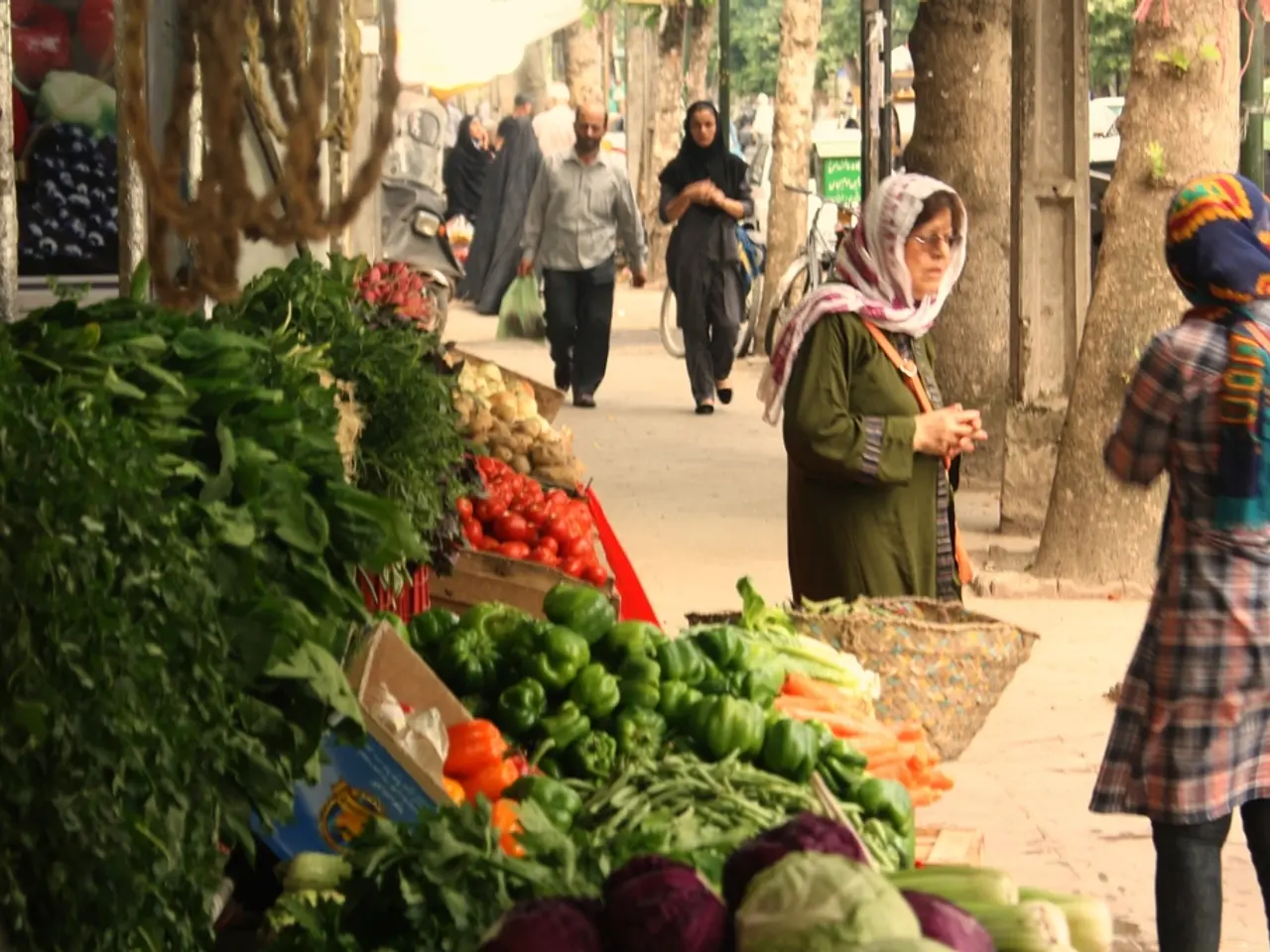Protecting American GM soya and corn from entering India serves India's economic interests, as asserted by Suman Sahai.
The ongoing trade negotiations between the United States and India have brought the issue of genetically modified (GM) soybean imports to the forefront. If India allows the import of GM soybean, it could have significant economic and social implications.
Economic Implications
India currently grows exclusively non-GM soybean, which is highly valued in export markets such as Japan and South Korea that strictly prefer non-GM soy for cultural reasons. Allowing GM soybean imports risks contaminating India’s non-GM stocks, leading to loss of access to these lucrative markets.
Indian farmers would face competition from heavily subsidized GM soybean producers like the US and Brazil, which could undercut India's unsubsidized soybean market and cause financial losses.
There is a risk of cross-contamination due to India’s fragmented agri-logistics and lack of segregation infrastructure, which could result in trace amounts of GM material in exports. This would increase shipment rejections, raise testing costs, and erode India’s GMO-free image, affecting exports of other sensitive crops like rice, tea, honey, spices, and organic foods, especially in the EU which maintains strict GM labelling and consumer resistance to GM products.
Allowing GM soybean imports may indirectly open the door for multinational corporations’ patented GM technologies, pushing small farmers towards expensive seeds and chemical inputs, thereby possibly undermining India's traditional farming practices and seed sovereignty.
Social Implications
There is strong resistance from Indian farmers and civil society who view GM imports as a threat to food security, rural livelihoods, and seed sovereignty. Allowing GM soybean imports could erode trust in indigenous agriculture and ignite further protests and opposition.
Concerns about food safety and inadequate regulatory and biosafety infrastructure in India persist, which amplifies public skepticism about accepting GM foods in the human food chain.
India’s government shows firm “red lines” against allowing GM foods for human consumption, reflecting strong socio-political sensitivity around agriculture and farmer welfare.
In summary, importing US GM soybean could jeopardize India's non-GM export markets, undermine farmer livelihoods by exposing them to international competition and patented technologies, increase the risk of contamination in exports damaging India's reputation, and provoke social resistance due to food safety and sovereignty concerns. This combination shapes India’s current cautious and mostly negative stance toward GM soybean imports.
India, being one of the few countries exclusively growing non-GM soybean, is in a position to become a dominant soya supplier to markets like Japan and South Korea. However, if GM soya imported from the US contaminates the non-GM soya of Indian farmers, there is no clear mechanism for compensating for financial losses incurred due to lost markets.
The global plant-based food market is projected to reach $162 billion by 2030, up from $29.4 billion in 2020, indicating a market that non-GM soya producers like India should tap and capture. However, India currently lacks laws on liability and redress, making it difficult to fix accountability and responsibility in the event of contamination with GM seeds.
Dr Suman Sahai, a scientist trained in genetics and the founder-chairperson of the Gene Campaign, a research and policy organization working on food and livelihoods, emphasizes the need for careful consideration and robust regulatory frameworks to protect India's farmers and consumers from the potential risks of GM soybean imports.
Sports can provide a positive distraction from the ongoing trade negotiations and the issue of genetically modified soybean imports, offering Indian athletes opportunities to excel and promote national pride.However, without significant investments in sports infrastructure and support for athletes, the full potential of sports as a means to boost morale and unite the country may remain unrealized.








